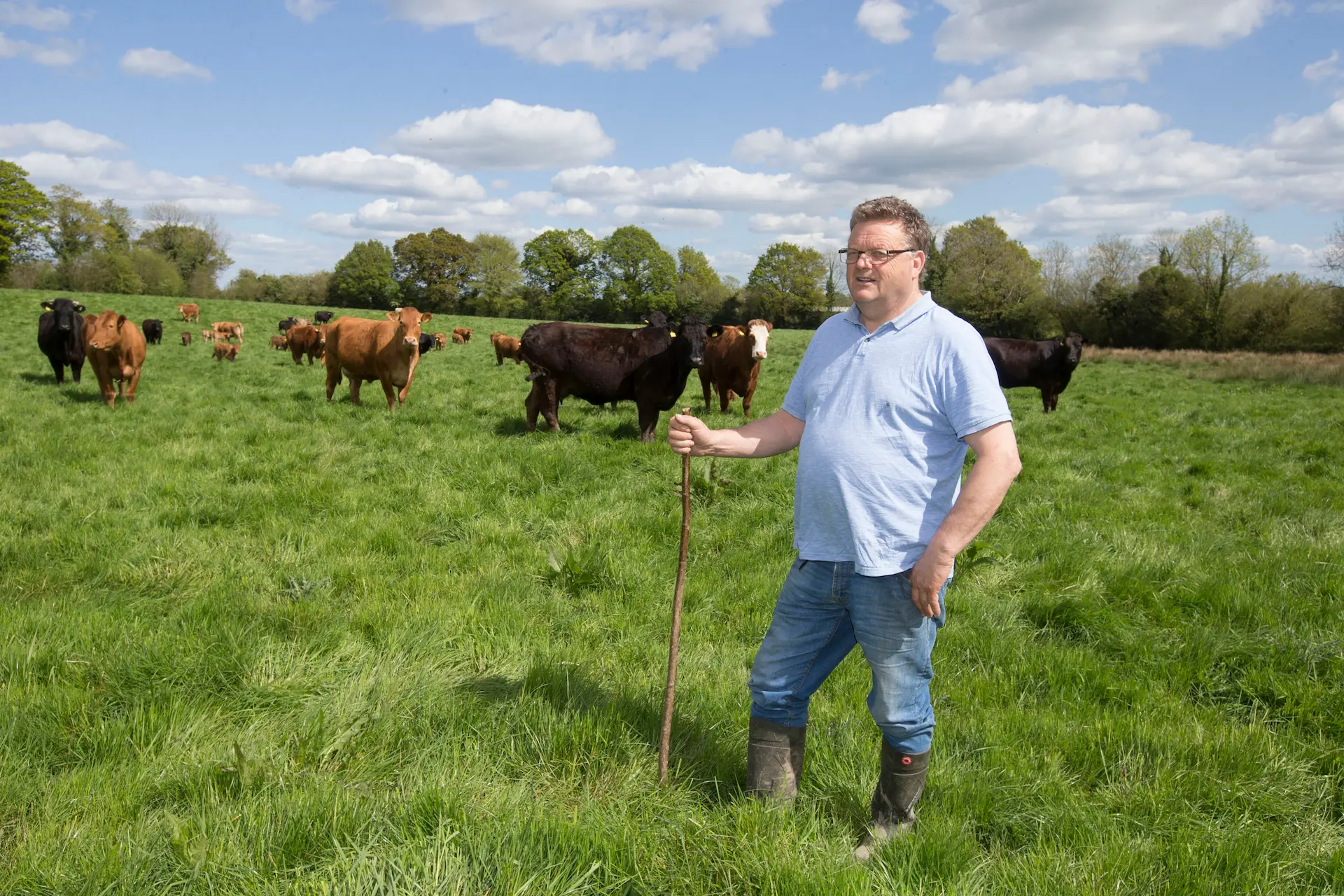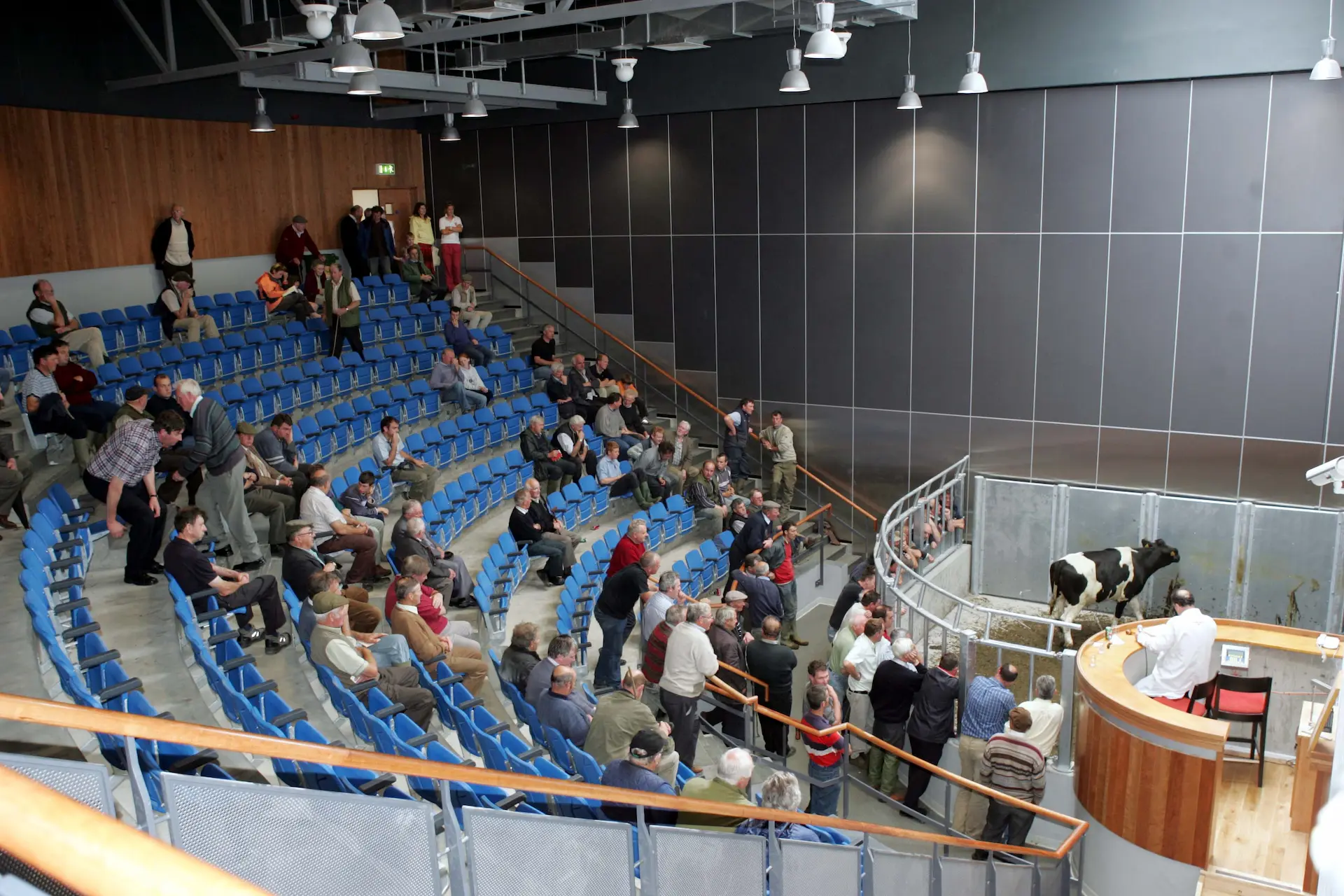Learn more about the ICOS Co-Op sectors:
-
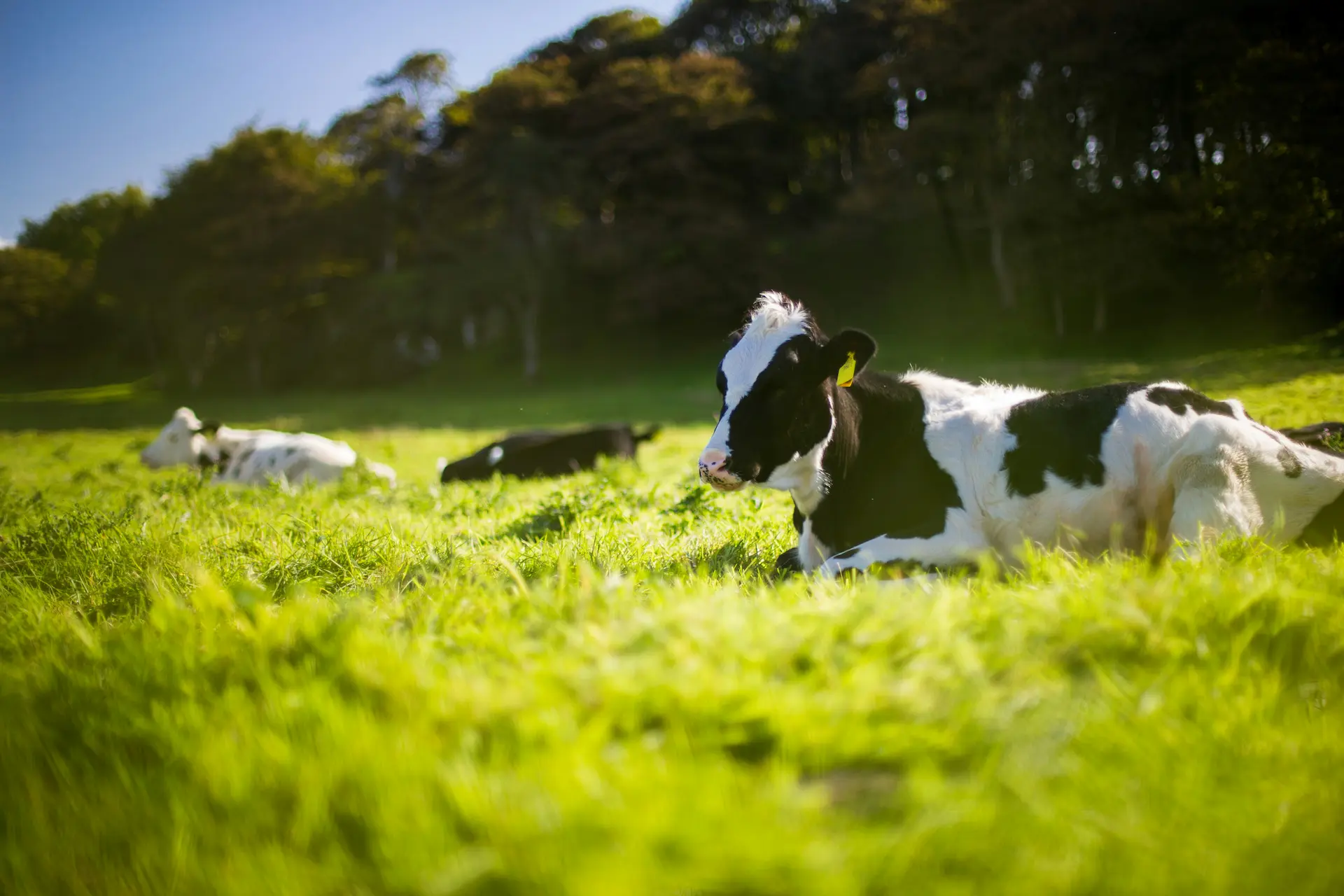
There are 18,000 dairy farmers in Ireland, producing milk of an outstanding quality from over 1.2 million dairy cows. Irish dairy farms are family run enterprises, supplying 6.4 billion litres of milk in 2015.
The seasonality of Irish milk production, enables the most efficient use of grass, resulting in healthy, nutritious and safe dairy produce. Irish dairy products are exported to markets throughout the world. In 2015, the value of Irish dairy exports stood at €3.24 billion. In fact, Ireland produces enough milk and dairy product to feed 52 million people worldwide.
The Irish dairy sector has a rich co-operative heritage, with the establishment of small co-operative creameries throughout Ireland in the late nineteenth and twentieth centuries under the guidance of the IAOS (ICOS). Today, the Irish dairy sector is still predominately farmer owned and controlled, with 10 milk processors and 17 milk purchasing co-ops. The majority of Irish dairy co-ops are multi-purpose operations with interests in milk processing, liquid milk, consumer foods, agri trading and feed milling.
For over a generation, milk production was curtailed in Ireland due to quotas under the Common Agricultural Policy. The abolition of milk quotas in 2015 will result in both opportunities and challenges for the Irish dairy sector. Over recent years, the Irish dairy farmers and processors have made significant investments in their businesses in advance of the removal of quotas and the sector is fully committed to the achievement of the strategic objectives for the dairy sector outlined under Food Harvest 2020 and Food Wise 2025.
-
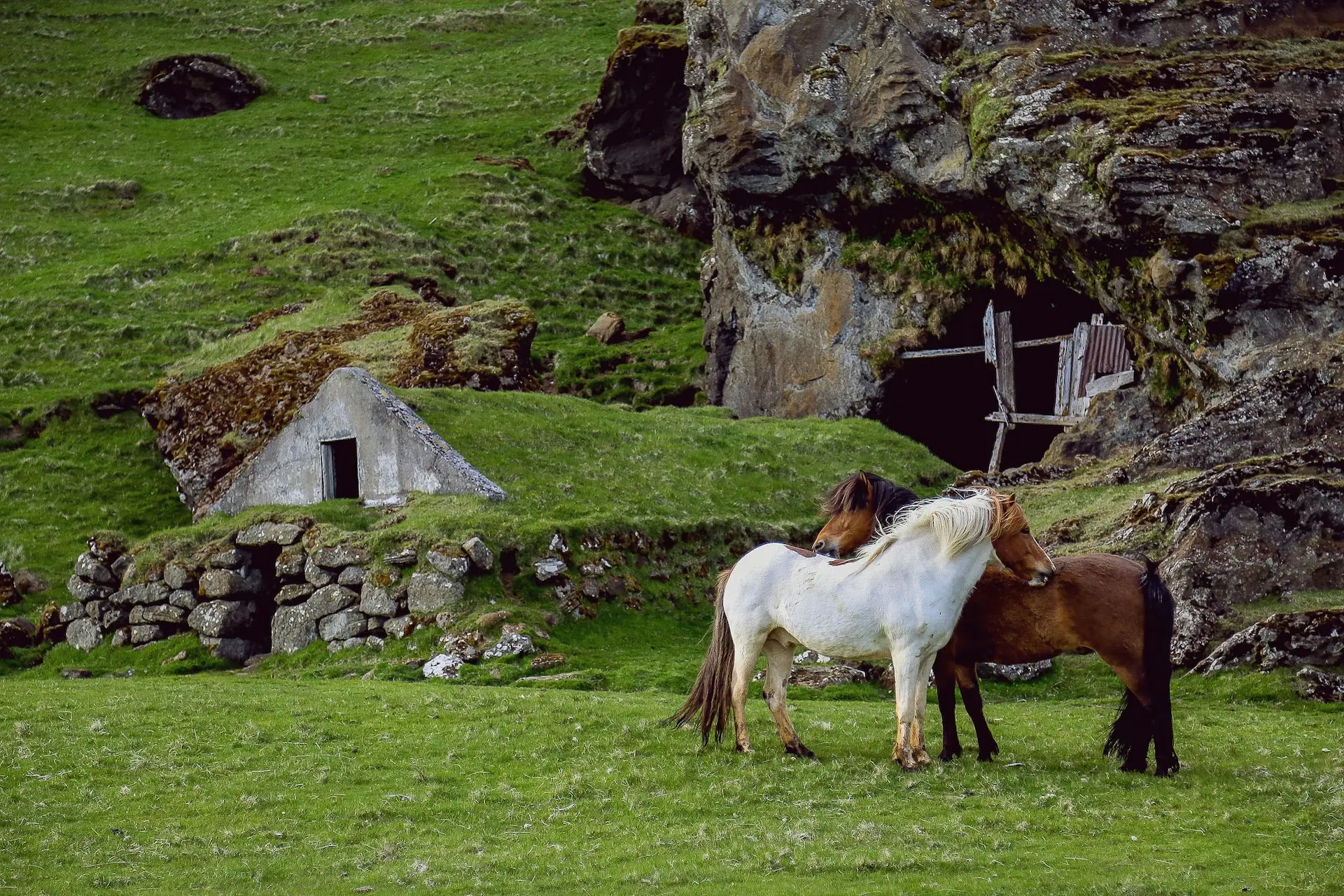
Ireland’s livestock mart sector today consists of over 60 co-operative mart centres across the country. Marts provide many services to the farmer shareholders, in addition to the primary function of a transparent method of selling and guaranteeing payment for livestock.
Several marts have diversified their service offering into property sales, SFP entitlement trading, valuations, NCT centres and retail centres to name but a few.
Together with livestock co-operative marts there exists over 40 Breed Societies covering cattle, sheep and horses to name a few. Such societies help promote their breeds, help safeguard their long-term development efforts and help educate the buying public on the economical and at times social attributes of their breed.In recent years, we have seen the emergence of farmer producers coming together regionally to promote and cultivate marketing opportunities with geographically pasture-grazed stock. We see the emergence of such Protected Designation of Origin (PDO) type solutions as an opportunity for Irish livestock producers.
To round all of this off we also have active Animal Health and Artificial Insemination co-operatives operating in Ireland. Coupling this co-operative ethos within the Irish livestock sector with our pasture-based rearing systems and we see one of the most sustainable livestock management systems in the world.
To learn more about setting up a co-operative please go to Starting a Co-operative.
-
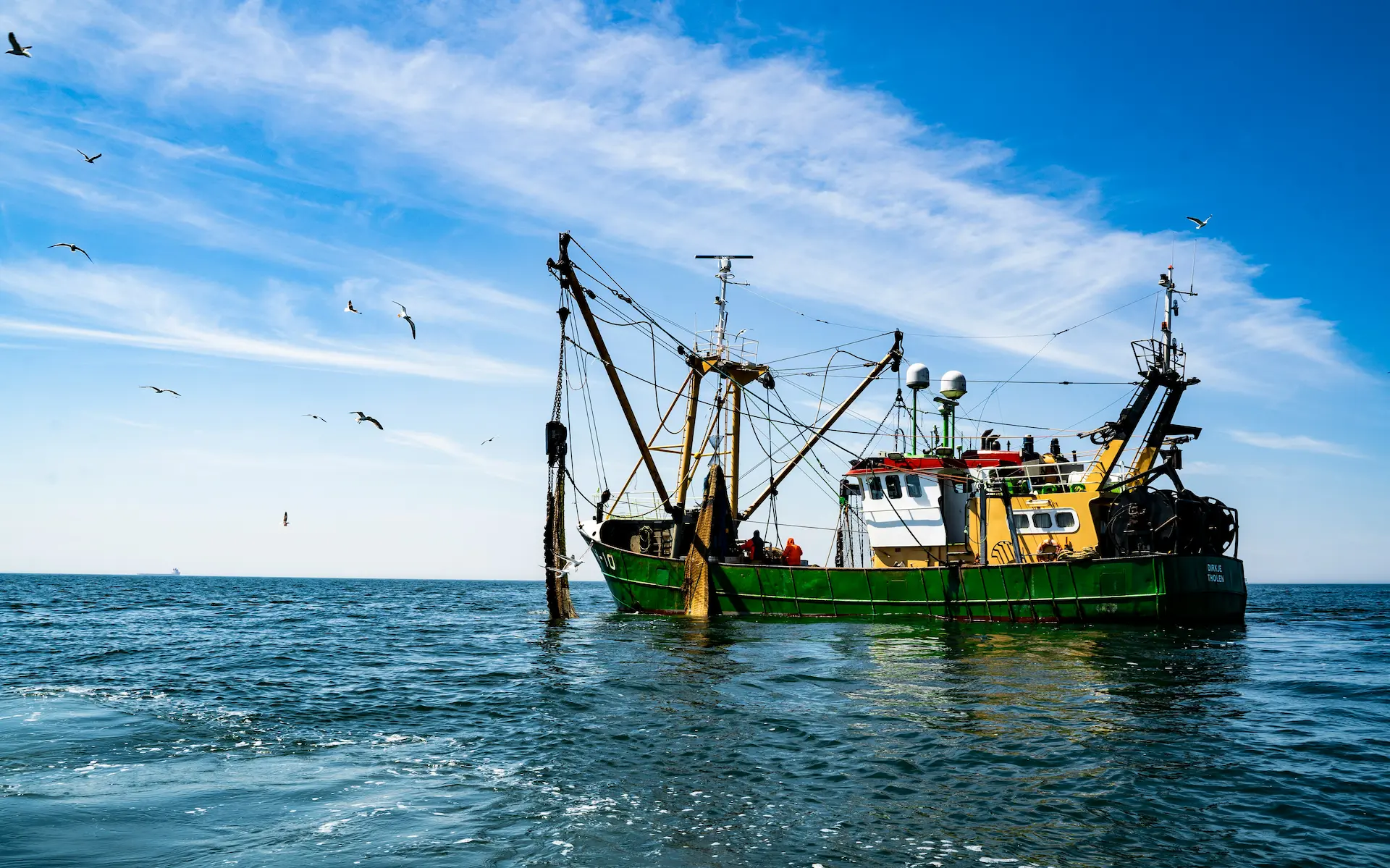
The Irish Department of Agriculture’s Food Harvest 2020 programme sets our ambitious targets and goals for the fisheries, artisan foods, and horticulture sectors in Ireland, for example:
1) Fisheries: ‘increase revenue to €1 billion and employment to 14,000 full-time equivalent jobs by 2020 in sea fisheries and aquaculture, with a 78% increase in aquaculture volume production’…. However …. ‘Irish fish processing sector in 2010 consists of 200 firms, 50% of which have a turnover of less than €1 million each. A lack of scale, higher production costs and inconsistency of product supply adversely affect the profitability of the sector.’
2) Horticulture: ‘Existing development programmes and schemes should be looked at, and restructured, if necessary, to assist the commercialisation and adoption of new developments in horticultural technology’ …. Other solutions put forward include …. ‘the best way to do this was through a coordinated approach where businesses, both large and small would combine resources to exploit new opportunities’.
3) Artisan food: ‘The emergence of a significant artisan food sector, responding to consumer demands for locally produced, hand-crafted food products, has brought a new stream of entrepreneurs into the sector’ ….. The report states that they would like to advance this sector through the….. ‘Encouragement of an entrepreneurial approach to the development of high potential start-up food businesses and dynamic artisan producers’
Each of these areas point towards greater potential for a co-operative business solution, through scaling up and developing economies of scale; sharing services, for example in marketing or machinery rings; reducing the capital burden on start-ups through co-operative share capital. More importantly, co-operative business structures developed with the assistance of ICOS provide the opportunity to ensure a sustainable business that promotes:
– Shared-ownership and democratic member control
– Good governance
– Self-reliance and responsibilityTo learn more about setting up a co-operative please go to Starting a Co-operative.
-

Irish co-ops have existed for many years for the purpose bringing people together to collectively generate or provide services for the purpose of:
1) Advisory services
2) Industry working groups
3) Training and education
4) Research and developmentThe Irish Co-operative Organisation Society (ICOS) promotes this type of co-operative endeavour through the ICOS Skillnet education programmes. ICOS is also represented on the board of Teagasc. Teagasc, meaning instruction in the Irish language, is a semi-state body in the Republic of Ireland responsible for research and development, training and advisory services in the Irish agri-food sector.
An example of such an advisory and education co-op is the Milk Quality Ireland (formerly IMQCS), to which ICOS provides secretarial services.Milk Quality Ireland has been central to promoting milk quality in recent years. Their website (www.milkquality.ie) is updated twice per year and contains numerous presentations on milk quality including an update on flukicides and detergents. In addition, the website contains the names, addresses and telephone numbers of all milking machine technicians registered with the Milk Quality Ireland and dairy co-operatives.
To learn more about setting up a co-operative please go to Starting a Co-operative.
-
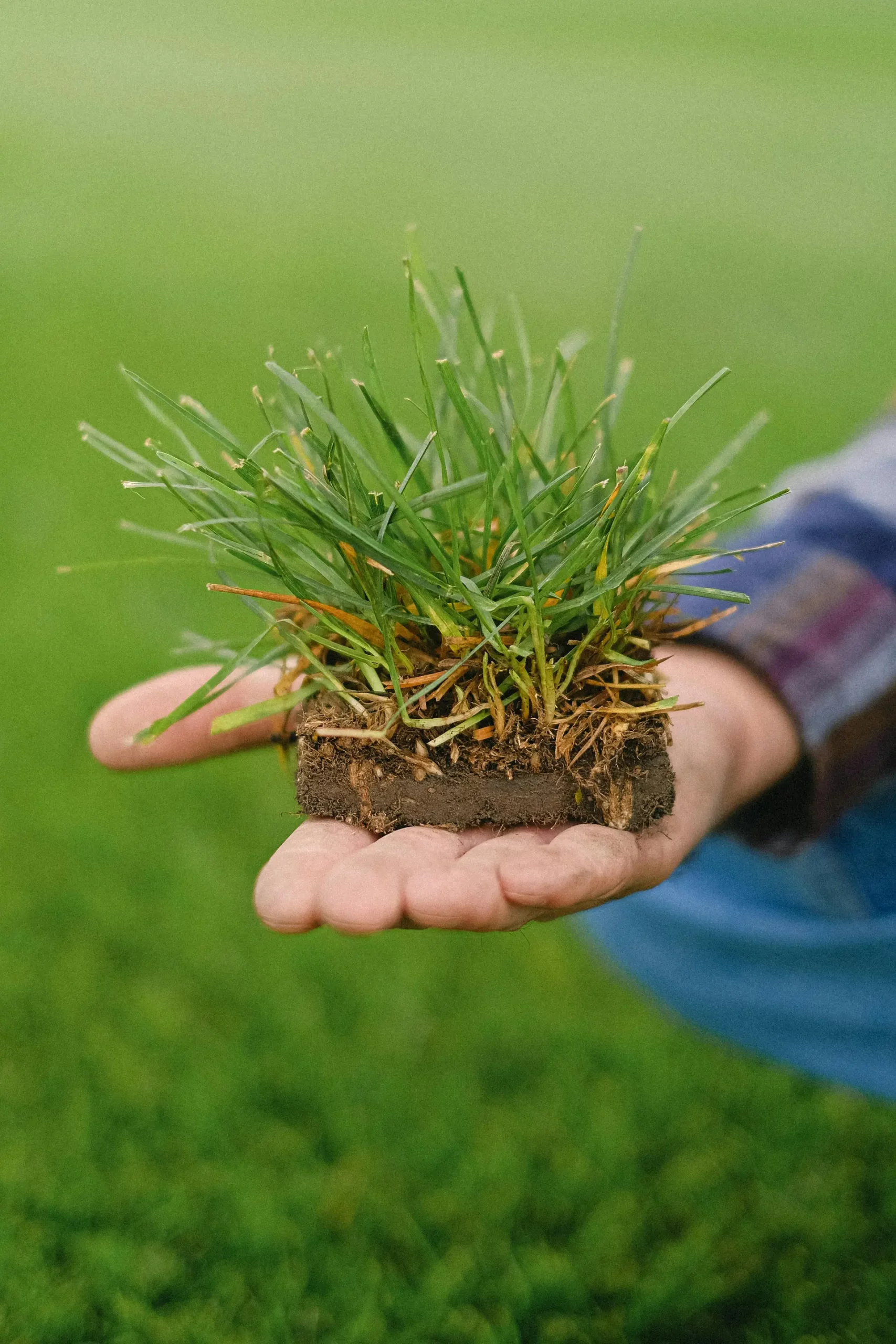
ICOS helps facilitate a purchasing group comprising 18 co-ops with total purchases of in excess of €23m.
The ‘Co-op Source’ branded product groupings have a compliment of seven product groupings under its brand these:
– Crop packaging
– Animal mineral supplements
– Dairy detergents
– Clothing
– Grass seeds
– Milking machine filter socks
– Cow teat foam sanitiserThe purchasing group’s membership extends throughout the country.
-

Co-operatives across Ireland can be geared to provide many different services.
Co-operatives provide individuals with a means to come together to create economies of scale. Such co-operatives can help groups to provide shared services, strengthen their marketing potential, grow in economic scale and stability and improve efficiency.
Examples of different services co-operatives in operation in Ireland include: taxi co-ops, energy co-ops, broadband co-ops, taxation and accounting, group water schemes, purchasing, marketing and producer, farm relief etc.
ICOS itself offers such services to our members. ICOS administers two industry-wide pension schemes: Dairy Executives’ Pension Scheme and Irish Co-operative Societies Pension Scheme.
To learn more about setting up a co-operative please go to Starting a Co-operative.
-
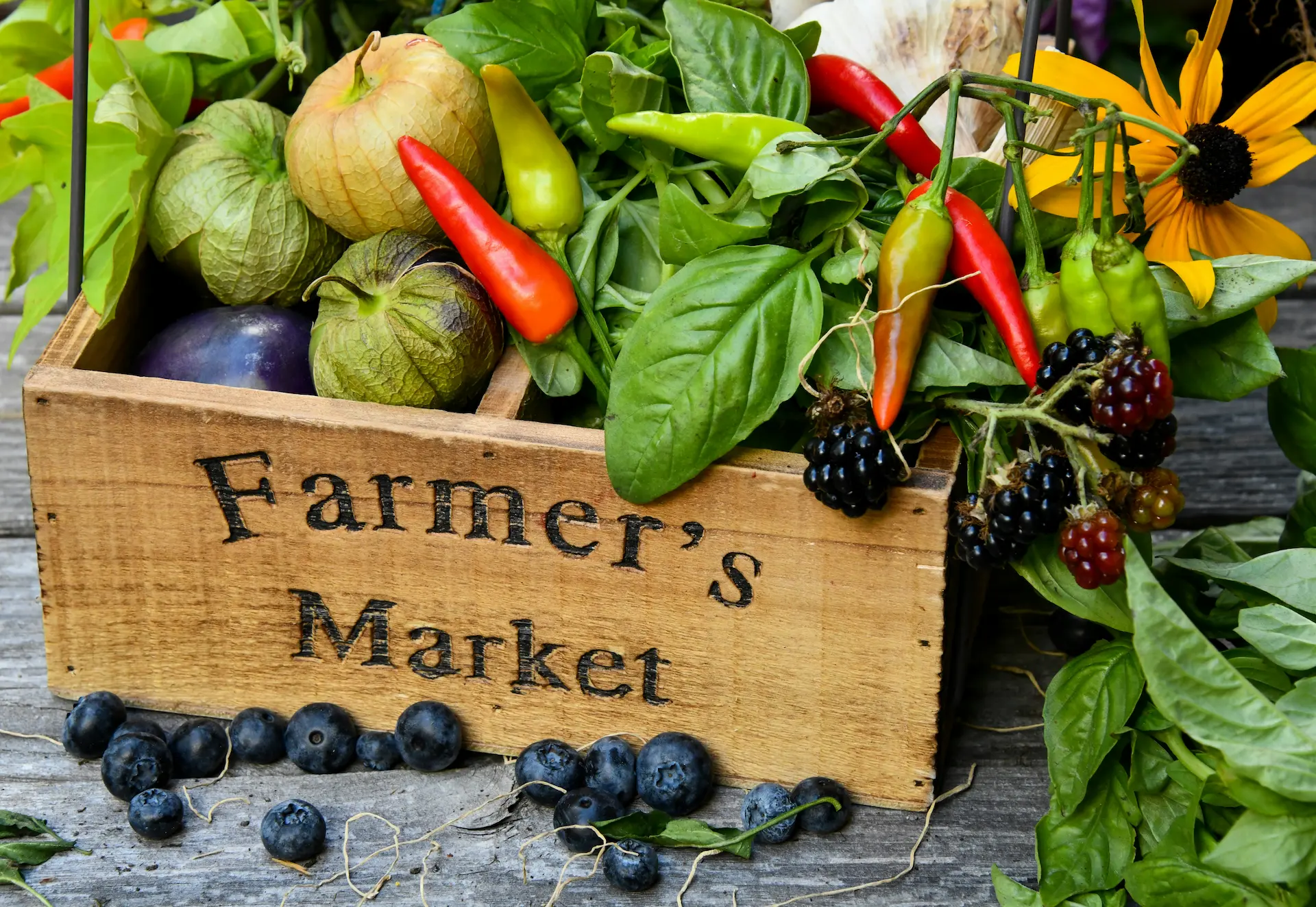
Using a co-operatives business model is one of the best ways to run a business in a community. Across the country there are many examples of such co-operatives, from community and recreation, museums and community associations, arts and heritage, Gaeltacht co-operatives (Comharchumann), sporting clubs, and country markets.
ICOS also maintains contact with our ‘cousins’ in the Plunkett Foundation, an organisation that has been involved in developing over 270 community shops and pubs in the UK.
To learn more about setting up a co-operative please go to Starting a Co-operative.
Services we provide
The legislation governing co-ops in Ireland was enacted into law in 1893, ICOS was formed one year later in 1894
ICOS is the leading organisation for registering new co-ops in Ireland
We are the foremost authority on co-op rules & governance in Ireland
Our members and their associated companies generate almost €15 billion in sales per annum
ICOS provides a broad range of services to its members. Such areas of service include:
-
ICOS is a registered co-operative. We have been representing and serving the co-operative sector in Ireland for over 125 years.
Our core business is to provide vision, leadership and value to the co-operative movement in Ireland. We use our collective voice to put the needs of the co-operative movement and our member co-ops to the forefront of what we do. -
ICOS are leaders in co-operative development. We are also Ireland’s leading organisation for registering new co-ops. We live by our mission to provide ‘world class service’ to our members. Through our core values we aim to deliver vision, leadership, and value to our members. For prospective co-op start-ups, ICOS follows a process whereby prospective co-operatives are evaluated for suitability, registered with the assistance of ICOS, and put through a two-year ‘Start-Up’ development programme.
-
ICOS is the co-operative with the foremost expertise in Ireland on co-operative rules and governance. Our model rules are accepted by the Registrar of Friendly Societies. We provide advice on rules, governance, and annual co-operative financial reporting. ICOS makes representations to the International Accounting Standards Board on behalf of co-operatives in relation to emerging issues in relation to financial reporting.
-
ICOS lobbies and represents its members on nearly 50 boards, industry bodies and governmental institutions etc. We also maintain an active network across many departments of government. ICOS is one of the few Irish industry organisations that have a full-time office in Brussels since the early 1970s. Our Brussels office maintains a network with over 150 groups and organisations across Europe. ICOS’s reputation for openness, fairness, pragmatism and integrity advances our status both at home and abroad.
-
ICOS supports the creation of commercially viable co-operatives that are structured, and focused on the economic drivers promoted through co-operative principles. Co-operatives provide over 100 million jobs around the world, 20% more than multinational enterprises. ICOS’s expertise across many industry sectors, together with our lobbying activities and our international networks help us deliver tangible value for our members.
-
Within ICOS we pursue a policy whereby we ‘Educate to Co-operate’. A primary focus for our education initiatives is on corporate governance. Through ICOS Skillnet we have the facility to provide targeted training and personal development programs. We are also able to provide targeted training across a broad number of co-operative industry sectors and fields of interest.
-
ICOS actively promotes and supports the principle of ‘Co-operation amongst co-operatives’. We facilitate networking and business opportunities amongst our member co-ops both in Ireland and internationally. When called upon, ICOS has always been the first to help facilitate and guide willing co-ops to forge new relationships, drive industry wide initiatives, pursue joint ventures and mergers.
-
In today’s information age ICOS has focus on actively communicating with its members in a timely fashion. Our website, Twitter and Facebook feeds are updated regularly. Depending on the co-operative sector we also send targeted e-mails on a regular basis, organise networking events, seminars and conferences.
As always our team of development managers are only a phone call away. -
ICOS has a long track record of securing funding for the Irish co-operative sector. Currently, we are focused on securing funding for projects in areas of innovation, research and development
To learn more about setting up a co-operative please go to Starting a Co-operative.

